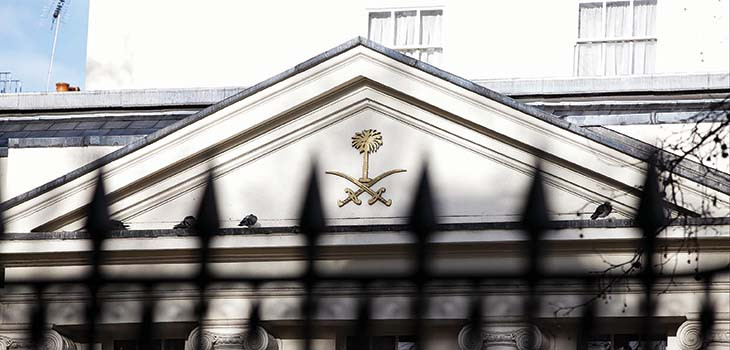
- In Basfar v Wong, the Supreme Court’s minority explained their difficulty in accepting the majority’s conclusion that to employ domestic staff without payment in conditions akin to modern slavery makes the employment ‘commercial activity’.
- The majority’s approach does not appear consistent with the English courts’ approach to other diplomatic immunity issues, begging the question: is now the time for legislative reform?
This case concerned the application of diplomatic immunity, a principle which protects certain foreign officials from the jurisdiction of local courts, and which is universally considered fundamental to international relations and the maintenance of international peace and security.
In Basfar v Wong [2022] UKSC 20, the Supreme Court rejected the defendant’s assertion of diplomatic immunity against claims brought against him by his former domestic servant. A majority of the Supreme Court held the claimant’s modern slavery and trafficking









